Bilateral slipped capital femoral epiphysis in a female Maine Coon is rare
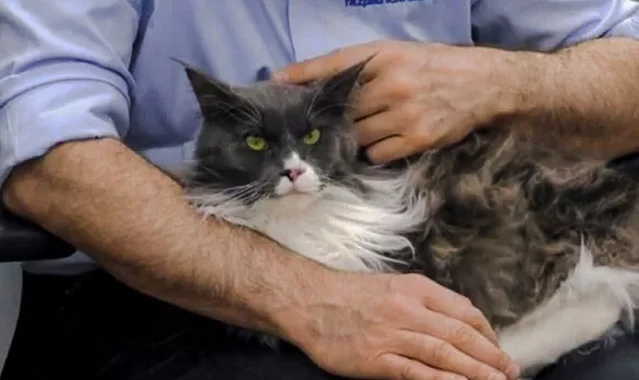 |
| Lexie. Picture: Express. |
I've written about slipped capital femoral epiphysis before and about its prevalence in the Maine Coon cat breed and you can read those articles by clicking on links below if you wish. Interestingly I bumped into a recent article online on the Express newspaper online in which a veterinarian accepted a female Maine Coon cat patient with bilateral slipped capital femoral epiphysis and he said that it was the first time he had seen a female patient with that disease affecting both hind limbs in 30 years of being a veterinarian. Obviously it's a very rare condition when it's bilateral and it concerns the female Maine Coon.
- Maine Coons are 12 times more likely to develop "slipped capital femoral epiphysis (SCFE)
- How prevalent is slipped capital femoral epiphysis (SCFE) in Maine Coon cats?
The owner was unaware of what the health problem might have been. As it happens, the cat's owner and the cats became part of a Channel 4 television programme in which the viewers saw two owners bring their Maine Coon cat Lexie into the clinic.
That's the cat with the hip problem. Lexie was limping and they took to the vets. The vet they took Lexie to was Noel Fitzpatrick who is described as a 'super vet', which I take to mean somebody who is seen on the television.
Noel Fitzpatrick did an x-ray and he had to tell the owners that he had bad news. He said: "I do have bad news, it is both sides, I’m sorry. That was not evident in your previous x-ray pictures. It has gotten a lot worse since, which sadly is not uncommon.”
He added that he had "personally never seen a bilateral slipped capital femoral epiphysis in a female Maine Coon cat. Never, in 30 years of doing this."
The owners elected to have surgery in a phased way i.e. one hip done before the other to give the cat time to recover from the first operation. After the operations she was back to her normal self again. And the owner said it was nice to be able to hold her without her hissing. Clearly, she was in pain when doing day-to-day things and when being hugged or handled. It's obviously a very painful condition.
My understanding is that it is not a form of hip dysplasia but if anybody can correct me I would be happy to hear from them. This, however, a very similar disease to hip dysplasia.


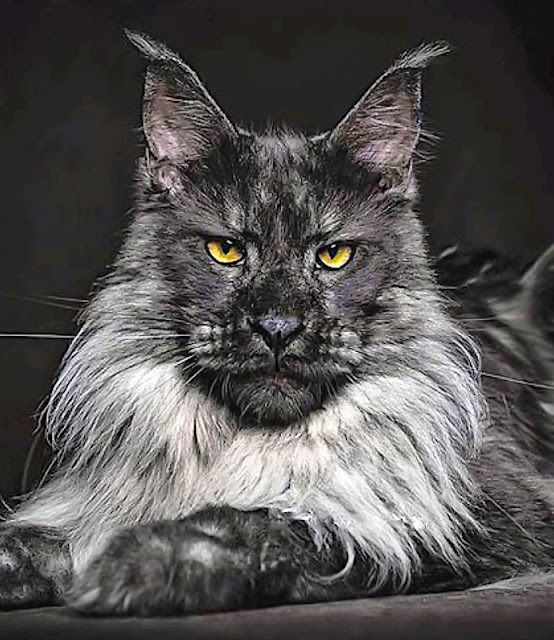



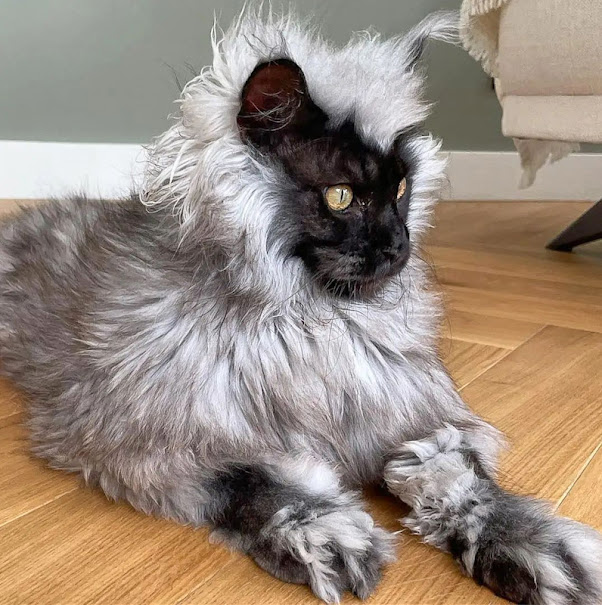

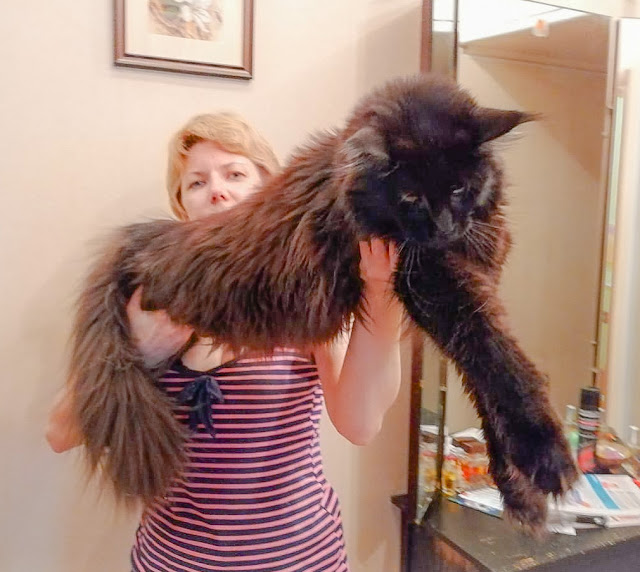
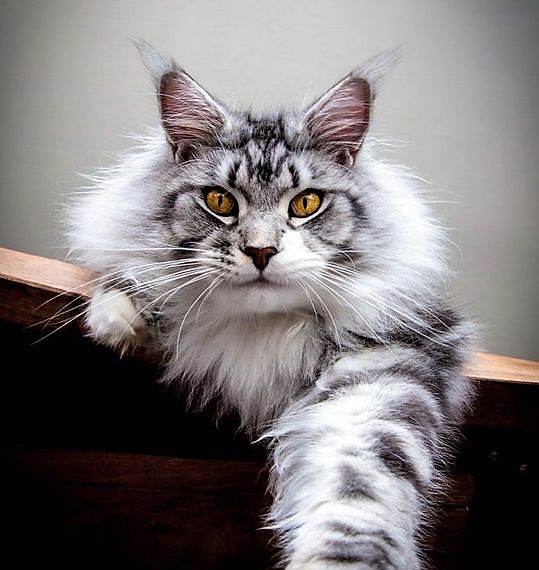
Comments
Post a Comment
Please share your Maine Coon experiences.